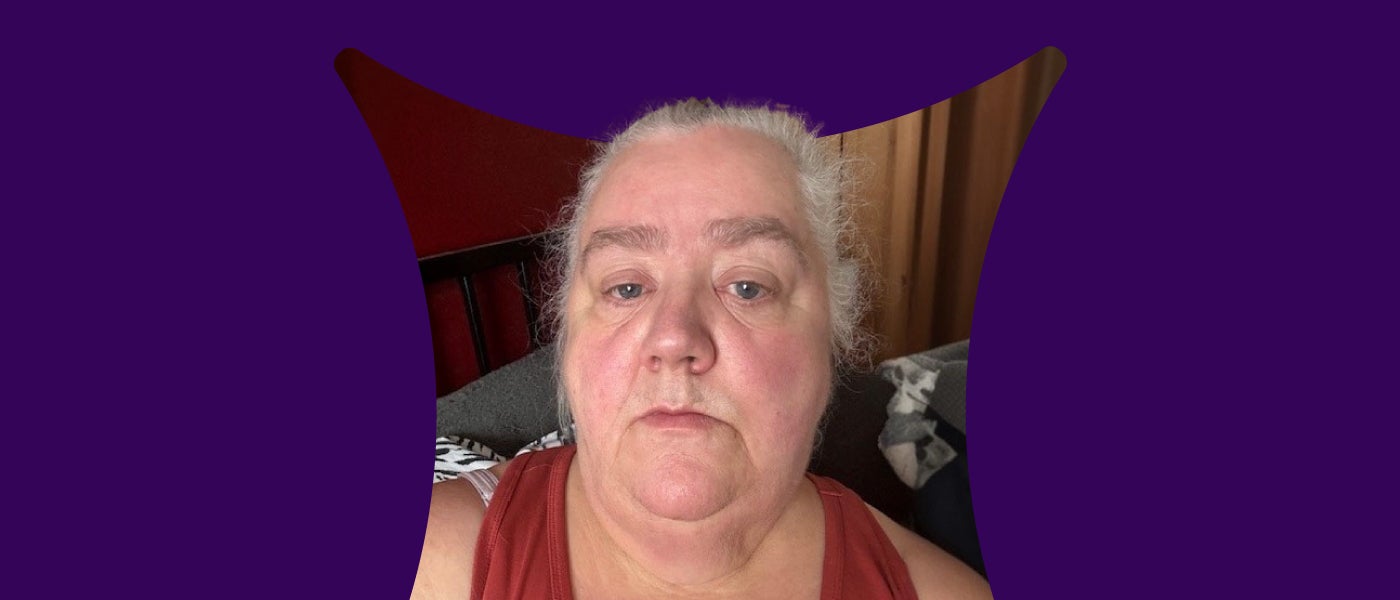- Home
- News and stories
- Why now is not the time to relax all Covid measures
Why now is not the time to relax all Covid measures
 22 February 2021
22 February 2021
As the Government introduces plans to 'live with Covid', we ask what this means for those most at risk from the virus.
The pandemic has been an incredibly tough time for disabled people. Throughout the pandemic disabled people have been routinely forgotten by Government with 3 in 5 deaths from Covid being disabled people.
For lots of disabled people, it has meant being cut off from friends, family, and vital support services. For those most at risk from the virus, many have been continually shielding throughout the pandemic.
As society opens up, it’s important to remember the impact the pandemic continues to have on those most at risk.
Ending self-isolation and phasing out testing will leave some disabled people rolling the dice every time they leave the house, go to work or meet friends. Even going to the supermarket could be a life-threatening situation.
Free tests have meant that anyone can access them whenever they need to, allowing people to test before visiting disabled relatives in care homes or carers to test before working with disabled adults and children. Putting a cost on Covid tests will create a barrier for some people, especially those struggling with their finances during a cost-of-living crisis.
The pandemic isn't over. We're clear that now is not the time to be relaxing all measures. Politicians claim that we are moving towards protecting ourselves without losing our liberties, but what they fail to consider are the liberties of those most at risk. Many will be feeling forgotten by these changes.
Alongside wider testing, we need to see clarity from government on how they will ensure disabled people and clinically vulnerable groups will be kept safe as we emerge from the pandemic. We also want to see guidance for employers on supporting those still at risk from the virus, to ensure that disabled people who aren't comfortable returning to the workplace aren't forced to do so.
What's changing?
As the ‘living with Covid’ plan launches, it’s important to be aware of the changes that will take place and what support you can access if you have any worries over the new rules:
From 24 February in England:
- people who test positive for coronavirus will no longer be legally required to self-isolate
- however, guidance will remain in place for those who test positive to stay at home and self-isolate for 5 days
- self-isolation support payments, national funding for practical support and the medicine delivery service will no longer be available
- routine contact tracing ends, including venue check-ins on the NHS COVID-19 app
In Wales:
- face coverings now legally required only in retail, public transport and health and care settings
From 1 April in England:
- covid tests will no longer be free for everyone
- but care home residents, hospital patients and vulnerable groups will still be able to access free tests, with further details on eligibility being released next month
Where can you get support?
Everyone will feel differently about restrictions ending. And that’s okay. Whatever situation you are in, it’s important that you know where to find support if you need it.
Many charities have their own helplines, or you can get in touch with your GP or health adviser for any health advice.
Helpline
Our helpline provides free, independent and impartial advice and support on issues that matter to disabled people and their families.
Online community
Our online community is a forum where you can have discussions with other disabled people. These might be around where you can find support, or coping mechanisms.
Your GP
If you are concerned about your health, get in touch with your GP or call NHS 111. In an emergency, dial 999.
 22 February 2021
22 February 2021







